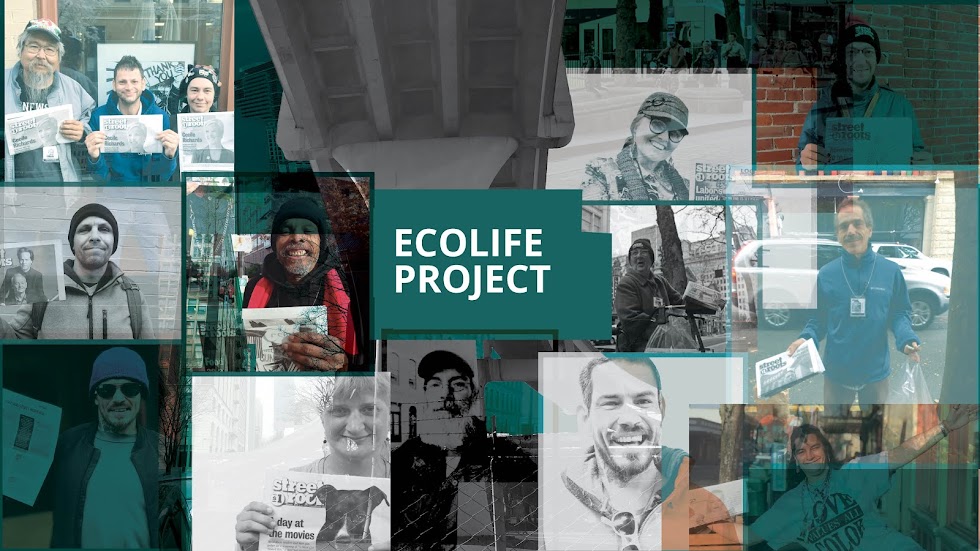Nearly $1.5 million have been donated by Columbia Sportswear CEO, Tim Boyle towards building a new homeless shelter in Northwest Portland, OR. After nearly four years of planning, law suites and city approvals, Portland's Harbor of Hope has resumed construction and is set to be completed in 2019. Formally knows as the Navigation Center and Temporary Shelter, it's set to occupy nearly 120 people for temporary stability. The shelter will have beds, common meal area, restrooms, showers and laundry facilities. families, and pets will be welcome as they try and get back on their feet.
There have been a lot of back and forth in regards to the shelter being built. Some believe it's a waste of real estate and money, or that it's going to attract more homeless while others believe the contrary. The shelter is located under the Broadway Bridge between NW Naito Parkway and Union Station. Close by are other resources to help those in need, such as, The Union Gospel and The Blanchet House. The idea behind the shelter, is to bring in people who want to be off of the street. This isn't a typical, walk-in type of shelter. This will be a 24/7, full-service shelter with security surveillance. Those who wish to reside here temporarily must do so by making a reservation in advance.
For more information about the Harbor of Hope, check out the link below.
https://oregonharborofhope.org/contact/






